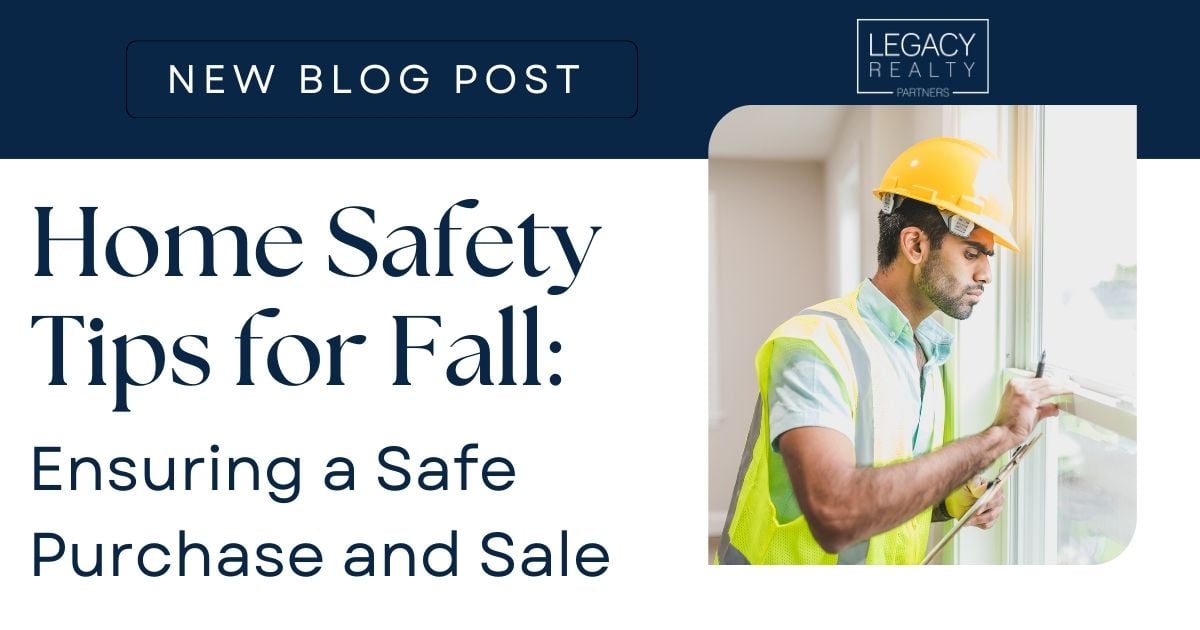Whether you’re buying or selling a home, safety should always be a top priority. Ensuring a safe environment not only protects current and future occupants but also enhances the property’s appeal and marketability. Here are essential home safety tips to keep in mind during the real estate transaction process.
1. Inspect and Clean Gutters
Clogged gutters can lead to water damage and potential roof issues. Sellers should ensure gutters are cleaned and free of debris before listing their home. Buyers should inspect gutters during home tours to assess their condition. Clean and functioning gutters prevent water from seeping into the foundation and causing structural damage, making the property more attractive and secure.
2. Check the Roof
A well-maintained roof is crucial for any home. Sellers should look for missing or damaged shingles and have them repaired promptly. Buyers should ask about the age and condition of the roof during home inspections. A sturdy roof prevents leaks and water damage, protecting the home’s interior and structural integrity, which is a significant factor for any potential buyer.
3. Seal Windows and Doors
Drafty windows and doors can lead to increased heating and cooling costs and reduced comfort. Sellers should check for gaps and cracks around windows and doors, sealing them with weatherstripping or caulk. Buyers should be mindful of drafts during home tours, as well-sealed windows and doors are indicative of a well-maintained property. Proper sealing also enhances energy efficiency, making the home more attractive to buyers.
4. Service the HVAC System
A reliable heating and cooling system is essential for comfort and energy efficiency. Sellers should schedule a professional HVAC inspection to ensure the system is in good working order. Buyers should inquire about recent HVAC maintenance and the age of the system. A well-functioning HVAC system not only provides comfort but also indicates that the home has been properly cared for, giving buyers peace of mind.
5. Test Safety Devices
Smoke detectors and carbon monoxide alarms are critical for home safety. Sellers should test all safety devices and replace batteries as needed. Buyers should ensure these devices are present and functioning during home inspections. Highlighting updated safety devices can be a selling point, demonstrating a commitment to home safety.
6. Prepare the Fireplace
If the home has a fireplace, it should be professionally cleaned and inspected. Sellers should remove any buildup of soot and ensure the chimney is clear of obstructions. Buyers should ask for documentation of recent fireplace maintenance. A clean and safe fireplace can be a major selling feature, especially during the cozy fall and winter months.
7. Outdoor Lighting
Proper outdoor lighting enhances security and curb appeal. Sellers should ensure all exterior lights are functioning and consider adding additional lighting to walkways and entryways. Buyers should look for well-lit exteriors, which can provide added safety and deter potential intruders. Motion-sensor lights are an excellent addition for both security and convenience.
8. Foundation and Structural Integrity
A solid foundation and structural integrity are paramount for any home. Sellers should address any visible cracks or signs of foundation issues before listing. Buyers should pay attention to the foundation and inquire about any previous repairs. Ensuring the home’s structural soundness protects against costly future repairs and is a key factor in maintaining property value.
9. Pest Control
Pests can cause significant damage and health concerns. Sellers should schedule a pest inspection and address any infestations before listing the property. Buyers should look for signs of pest activity during home tours and request a pest inspection as part of their due diligence. A pest-free home is crucial for safety and peace of mind.
10. Electrical System
A safe and up-to-date electrical system is essential for preventing fires and ensuring reliable power. Sellers should have their electrical systems inspected and make any necessary upgrades. Buyers should ask about the age and condition of the electrical system during inspections. Highlighting a modern, safe electrical system can be a strong selling point.
11. Plumbing and Water Quality
Reliable plumbing and clean water are essential for any home. Sellers should fix any leaks and consider a water quality test. Buyers should check for signs of plumbing issues, such as water stains or low water pressure. Ensuring the plumbing system is in good condition adds to the home’s overall safety and comfort.
12. Security Systems
A robust security system can be a major selling point. Sellers should ensure any existing systems are functional and provide information on their use. Buyers should look for homes with security features like alarms, cameras, and secure locks. A home with comprehensive security measures offers peace of mind and protection for its occupants.
Conclusion
Ensuring home safety is crucial for both buyers and sellers. By addressing these key areas, sellers can enhance their property’s appeal and marketability, while buyers can make informed decisions and ensure a safe living environment. Whether you’re preparing to list your home or searching for a new one, these safety tips will help you navigate the real estate process with confidence and peace of mind.


